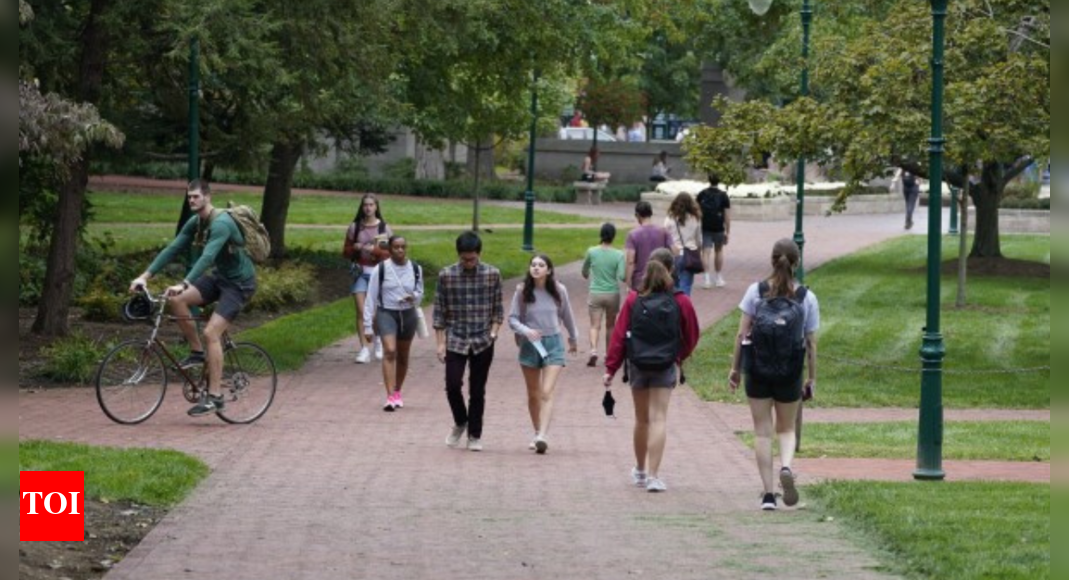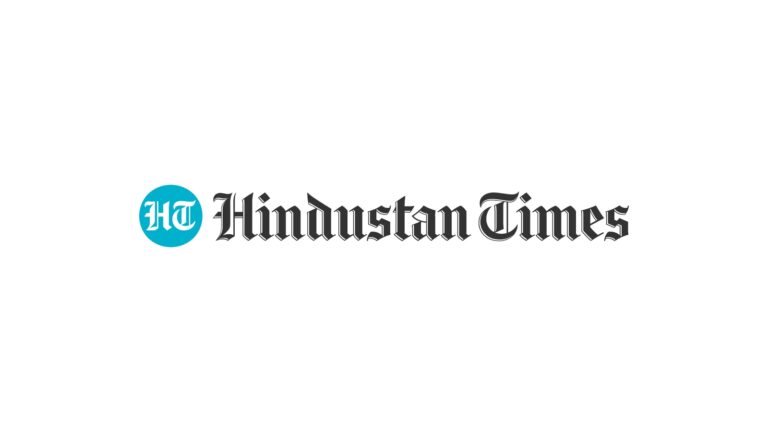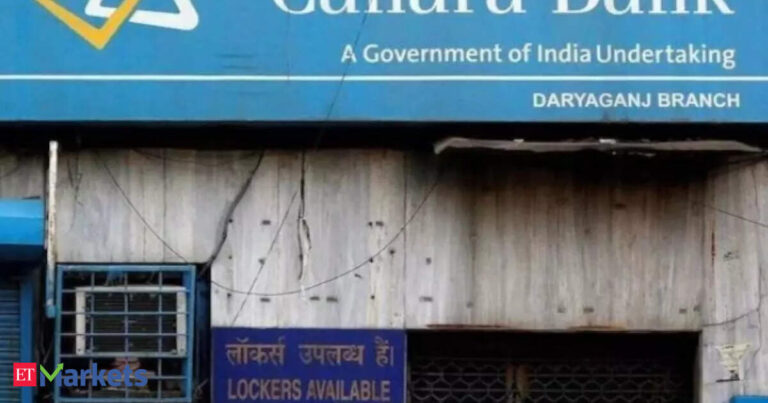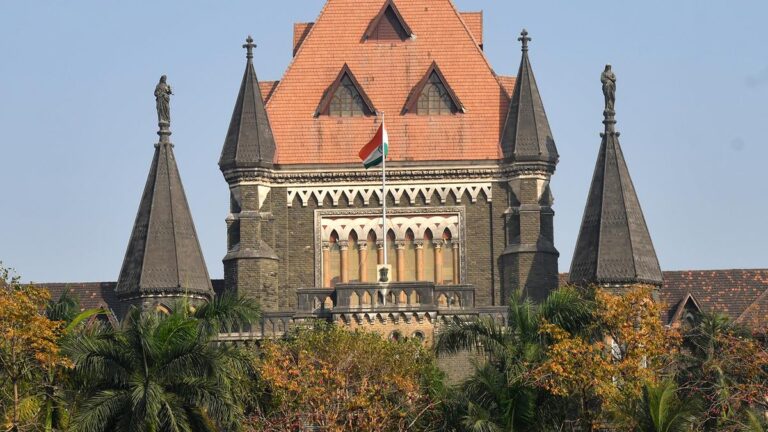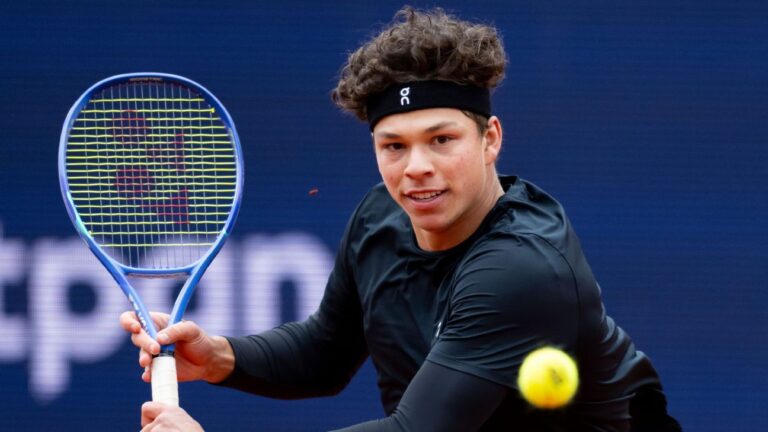Trump Administration Halts Student Visa Interviews Worldwide Amid Controversial Social Media Screening Plans
US Halts New Student Visa Interviews Amid Plans for Social Media Screening
The United States has recently taken a significant step that has left many international students in a state of concern. The Trump administration has announced a temporary halt to the scheduling of new student visa interviews at embassies worldwide. This decision is reportedly in preparation for a stricter vetting process that involves mandatory social media screening of prospective visa applicants. The implications of this policy shift could have a lasting impact on the future of international education in the U.S.
Understanding the New Visa Restrictions
On a diplomatic cable sent by U.S. Secretary of State Marco Rubio, it was made clear that this freeze on new appointments for student (F, M, and J) visas would be effective immediately. The cable stated:
“Effective immediately, in preparation for an expansion of required social media screening and vetting, consular sections should not add any additional student or exchange visitor visa appointment capacity until further guidance is issued.”
While interviews that have already been scheduled will proceed as planned, new applicants are left worrying about their chances of securing a visa to study in the United States. This sudden decision aligns with the Trump administration’s growing penchant for tightening entry rules for foreign students, framing the actions as necessary for national security and in response to perceived campus unrest.
The Context of Social Media Vetting
The debate around social media screening for visa applicants is not new. In recent months, there have been growing concerns about foreign students who arrive in the U.S. with intentions unrelated to their studies. Rubio himself has pointed out instances where he believes students aim to engage in protests rather than pursue their education. He cited the example of Rümeysa Öztürk, a Tufts University doctoral student, who had been arrested after publishing an op-ed supporting Gaza. Rubio asserted:
“If you apply for a visa to enter the United States and be a student, and you tell us that the reason you are coming to the United States is not just because you want to write op-eds, but because you want to participate in movements that are involved in doing things like vandalizing universities, harassing students, taking over buildings, creating a ruckus—we’re not going to give you a visa.”
This statement underscores the administration’s shift toward a more stringent approach when it comes to international students and their motivations for studying in the U.S.
The Broader Impact on International Students
This freeze on student visa interviews and the impending scrutiny of social media accounts has elicited mixed reactions in the academic community. While some support a more thorough vetting process to ensure national security, others warn of the detrimental impact these policies may have on the U.S. educational landscape.
- Increased Anxiety: The uncertainty surrounding visa approval processes is causing anxiety among prospective international students. Many fear their plans for study could be jeopardized.
- Educational Reputation: Institutions like Harvard University, which have recently faced threats over their international student programs, may see a decline in international applications, impacting their global reputation.
- Talent Drain: Critics argue that the policies may drive away talented students who contribute to innovation and diversity within American universities.
Voices Against the Crackdown
In contrast to the government’s hardline stance, many voices in academia advocate for a more empathetic and constructive approach. Kevin O’Leary, a lecturer at Harvard Business School, voiced that the focus should be on nurturing talent rather than excluding it. He remarked:
“These students are extraordinary individuals and they don’t hate America. Why don’t we vet them first, check their backgrounds, clear them, and tell them, ‘You graduate Harvard, you’re an engineer or whatever, you stay here and you start a business here and you’ll get funded here and you’ll create jobs here because that’s why you came here in the first place?’”
His comments highlight the dissonance between governmental policies and the aspirations of many international students who seek opportunities in the U.S. The academic community is continually urging for reforms that prioritize merit and potential over perceived threats.
Conclusion: The Path Forward
The recent pause on student visa interviews raises critical questions about the future of international education in the United States. As policy-makers grapple with national security concerns, it remains to be seen how these new regulations will affect the influx of talented students crucial for the U.S. educational system’s vitality. With detailed instructions on social media screening expected soon, international students and educational institutions alike are anxiously awaiting further guidance and clarity on the path forward.
For anyone considering pursuing their studies in the U.S., staying informed about these developments will be crucial in navigating the evolving landscape of international education.
